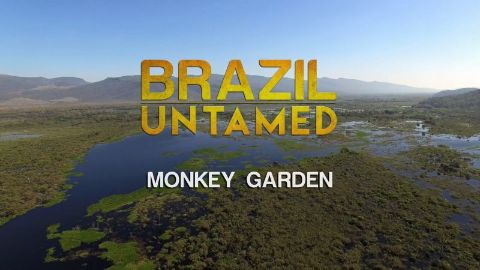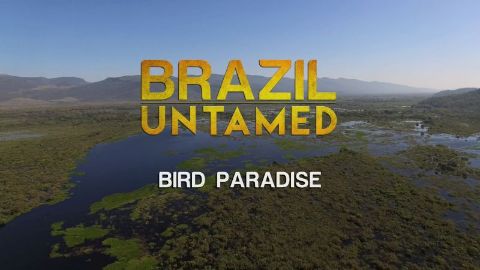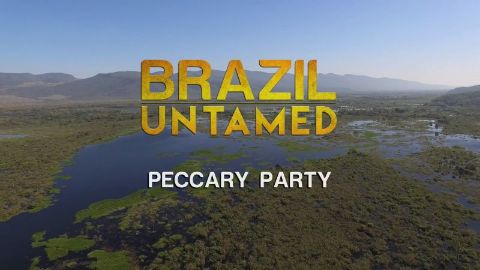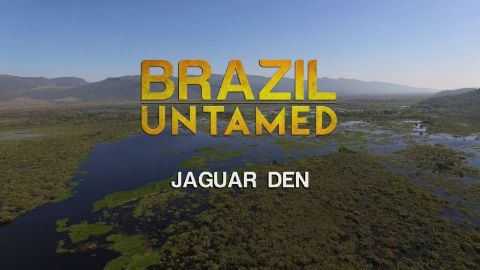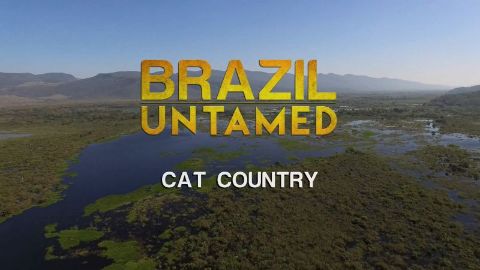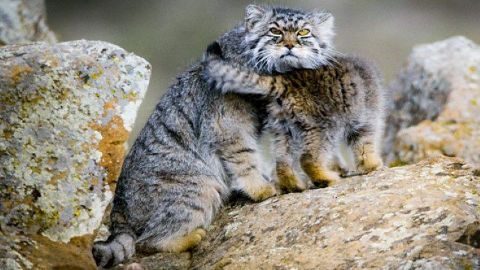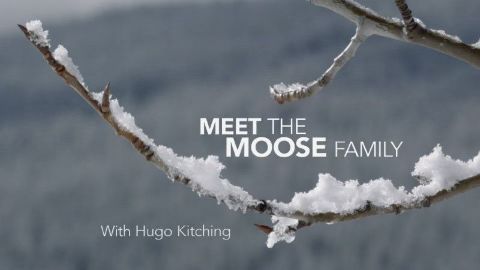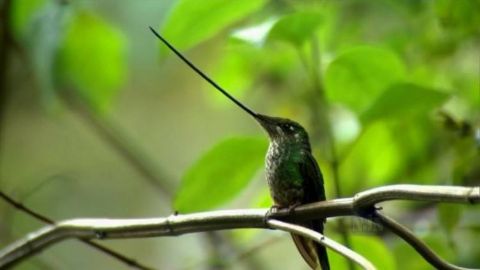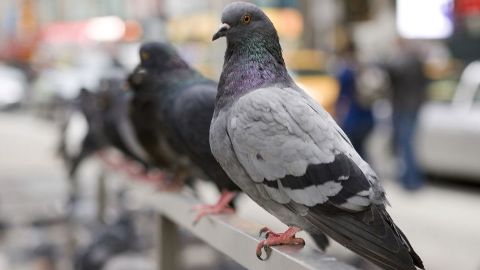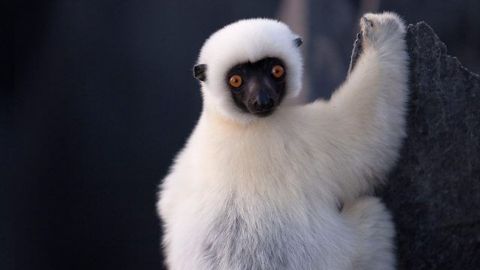Peccary Party • 2016 • episode "3" • Brazil Untamed
At first glance, they look like pigs, but they're actually white-lipped peccaries from the Brazilian wetlands of the Pantanal, 10 times the size of the Everglades. Follow scientists as they track these mysterious mammals in their daily quest for food, while keeping a watchful eye for their main predator: jaguars.
Make a donation
Buy a brother a hot coffee? Or a cold beer?
Hope you're finding these documentaries fascinating and eye-opening. It's just me, working hard behind the scenes to bring you this enriching content.
Running and maintaining a website like this takes time and resources. That's why I'm reaching out to you. If you appreciate what I do and would like to support my efforts, would you consider "buying me a coffee"?
Donation addresses
BTC: bc1q8ldskxh4x9qnddhcrgcun8rtvddeldm2a07r2v
ETH: 0x5CCAAA1afc5c5D814129d99277dDb5A979672116
With your donation through , you can show your appreciation and help me keep this project going. Every contribution, no matter how small, makes a significant impact. It goes directly towards covering server costs.
